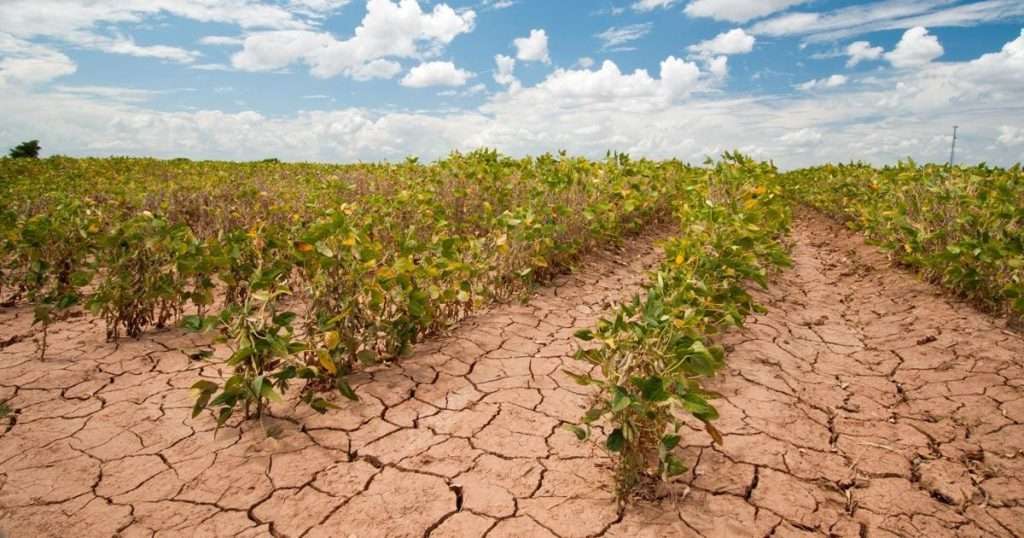Scientists link climate crisis to global food price surges

A group of international scientists has revealed that extreme weather conditions since 2022 have led to price surges for key crops worldwide, according to Al Jazeera on July 21st.
The study, released by the European Central Bank and six European institutions, links climate-driven events to major price surges in essential crops, including Australian lettuce, South Korean cabbage, Brazilian coffee, Japanese rice, and Ghanaian cocoa.
Heatwaves and droughts have proven particularly devastating. Among the most striking findings was a 280% surge in global cocoa prices in April 2024 following a heatwave in Ghana and the Ivory Coast. Similarly, a drought in Brazil during 2023 led to a 55% rise in global coffee prices.
In a press release, lead author Maximillian Kotz, from the Barcelona Supercomputing Center emphasised that “Until we get to net zero emissions, extreme weather will only get worse, but it’s already damaging crops and pushing up the price of food all over the world.” Importantly, Kotz highlighted that low-income families bear the brunt of soaring food prices. Additional reports indicate that Africa faces an increasing burden from climate change, with rising adaptation costs and threats to economic stability.
The research arrives amid soaring living costs and growing concerns over food affordability, which have become pivotal issues in elections worldwide. For example, in Japan, rice prices were a major voter issue in recent polls. Additionally, food inflation played a decisive role in the 2024 electoral campaigns in the United States and the United Kingdom, as well as Argentina’s 2023 vote.
Amber Sawyer, co-author from the Energy and Climate Intelligence Unit (ECIU), reported that climate change has driven up the average UK household food bill by £360 ($482) between 2022 and 2023. She also highlighted that 2023 marked the UK’s third-worst arable harvest on record and England’s second-worst, primarily due to extreme rainfall attributed to climate change.
Under the UN Framework Convention on Climate Change (UNFCCC), governments have pledged to reduce global emissions by 2.6% between 2019 and 2030. However, scientists warn that these targets fall far short of the reductions needed to meet the Paris Agreement goal of limiting global warming to 1.5°C (2.7°F).
This report coincides with the International Court of Justice (ICJ) preparing to issue a landmark advisory opinion on states’ legal obligations to address climate change. The case, initiated by Vanuatu and supported by numerous Global South countries, could significantly influence international climate policy.
Al Jazeera, Maghrebi.org
Want to chase the pulse of North Africa?
Subscribe to receive our FREE weekly PDF magazine












